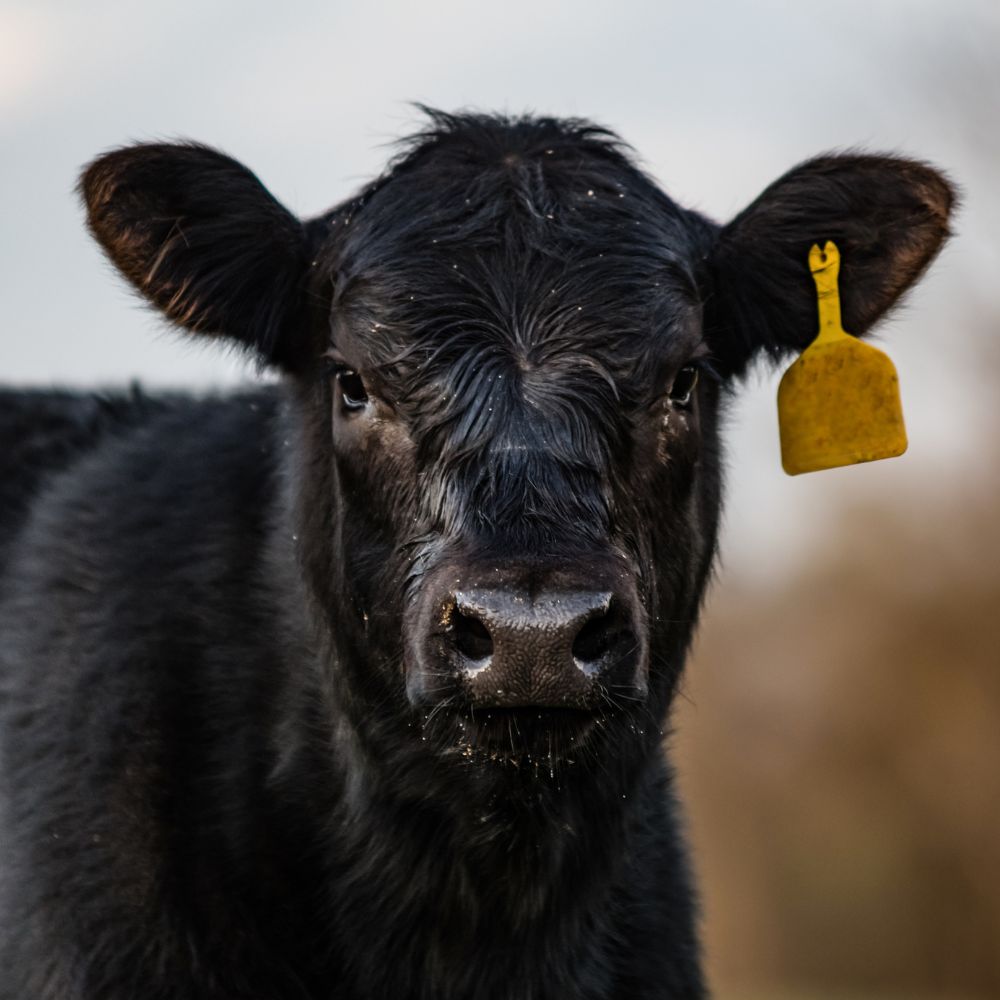Bagley Risk Management for Beginners
Livestock Threat Protection (LRP) is a USDA subsidized insurance coverage program that aids protect manufacturers from the dangers that originate from market volatility. With LRP, producers have the ability to guarantee a flooring rate for their livestock and are paid an indemnity if the marketplace worth is lower than the insured price.
This item is meant for. What is LRP.
The 6-Minute Rule for Bagley Risk Management

In the last pair of months, several people at FVC and PCM have gotten questions from producers on which danger administration device, LRP vs. Futures, is better for a pork manufacturer? Like most tools, the answer relies on your procedure's goals and circumstance. For this version of the Dr.'s Edge, we will take a look at the scenarios that often tend to prefer the LRP tool.
In Mike's evaluation, he compared the LRP estimation versus the future's market close for every day of the past 20 years! The percent shared for every month of the offered year in the initial area of the table is the percentage of days in that month in which the LRP estimation is less than the futures close or to put it simply, the LRP would potentially compensate even more than the futures market - https://www.storeboard.com/bagleyriskmanagement. (National livestock insurance)
As an example, in January 2021, all the days of that month had LRP possibly paying more than the futures market. On the other hand, in September 2021, all the days of that month had the futures market potentially paying more than LRP (zero days had LRP lower than futures close). The tendency that shows itself from Mike's evaluation is that a SCE of a LRP has a greater probability of paying extra versus futures in the months of December to Might while the futures market has a higher probability of paying extra in the months of June to November.
The Best Strategy To Use For Bagley Risk Management

50 or $5. 00). As an example, in 2019, LRP was far better or within a $1. 25 of the futures market over 90% of the days in all the months other than June and August. Table 2 depicts the typical basis of the SCE LRP calculations versus the future's close for the provided period per year.
Once more, this information supports more likelihood of an SCE of a LRP being far better than futures in December with May for the majority of years. As a common care with all evaluation, previous efficiency is NO guarantee of check out here future efficiency! It is essential that producers have accounting methods in location so they recognize their cost of manufacturing and can much better figure out when to use risk monitoring devices.
Some Of Bagley Risk Management
Some on-farm feeders might be considering the demand for price security at this time of year on calf bones retained with the intent to feed them to a surface weight at some point in 2022, using readily available feed sources. In spite of solid fed cattle rates in the present regional market, feed expenses and existing feeder calf bone values still make for limited feeding margins relocating onward.
The current average public auction cost for 500-600 pound guides in Nebraska is $176 per cwt. This suggests a break-even rate of $127. The June and August live livestock contracts on the CME are currently trading for $135.
Cattle-feeding ventures tend to have limited margins, like numerous farming ventures, due to the competitive nature of business. Livestock feeders can bid extra for inputs when fed livestock costs rise. https://www.merchantcircle.com/blogs/bagley-risk-management-shipman-il/2024/2/Bagley-Risk-Management-Safeguarding-Livelihoods-with-LRP-Insurance/2655677. This increases the rate for feeder cattle, specifically, and somewhat enhances the prices for feed and various other inputs
The Facts About Bagley Risk Management Revealed
Nebraska cattle are close to significant handling centers. As an outcome, basis is favorable or absolutely no on fed cattle across much of the state.
Just in 2020 did the LRP insurance coverage rate go beyond the ending worth by sufficient to cover the premium cost. Nevertheless, the net effect of having this LRP coverage in 2019-20 was considerable, adding $17. 88 per cwt. down line. The result is a favorable average net result over all 5 years of $0.
37 The producer costs decreases at lower coverage degrees but so does the insurance coverage cost. The result is a lower net result (indemnity costs), as insurance coverage level declines. This reflects reduced efficient degrees of defense. Nonetheless, due to the fact that manufacturer premiums are so reduced at reduced insurance coverage levels, the manufacturer loss proportions (indemnity/premium) rise as the protection degree decreases.
The Ultimate Guide To Bagley Risk Management
As a whole, a manufacturer must consider LRP coverage as a mechanism to secure result cost and subsequent profit margins from a risk administration standpoint. Some producers make an instance for guaranteeing at the lower degrees of protection by concentrating on the decision as an investment in threat administration security.

Comments on “About Bagley Risk Management”